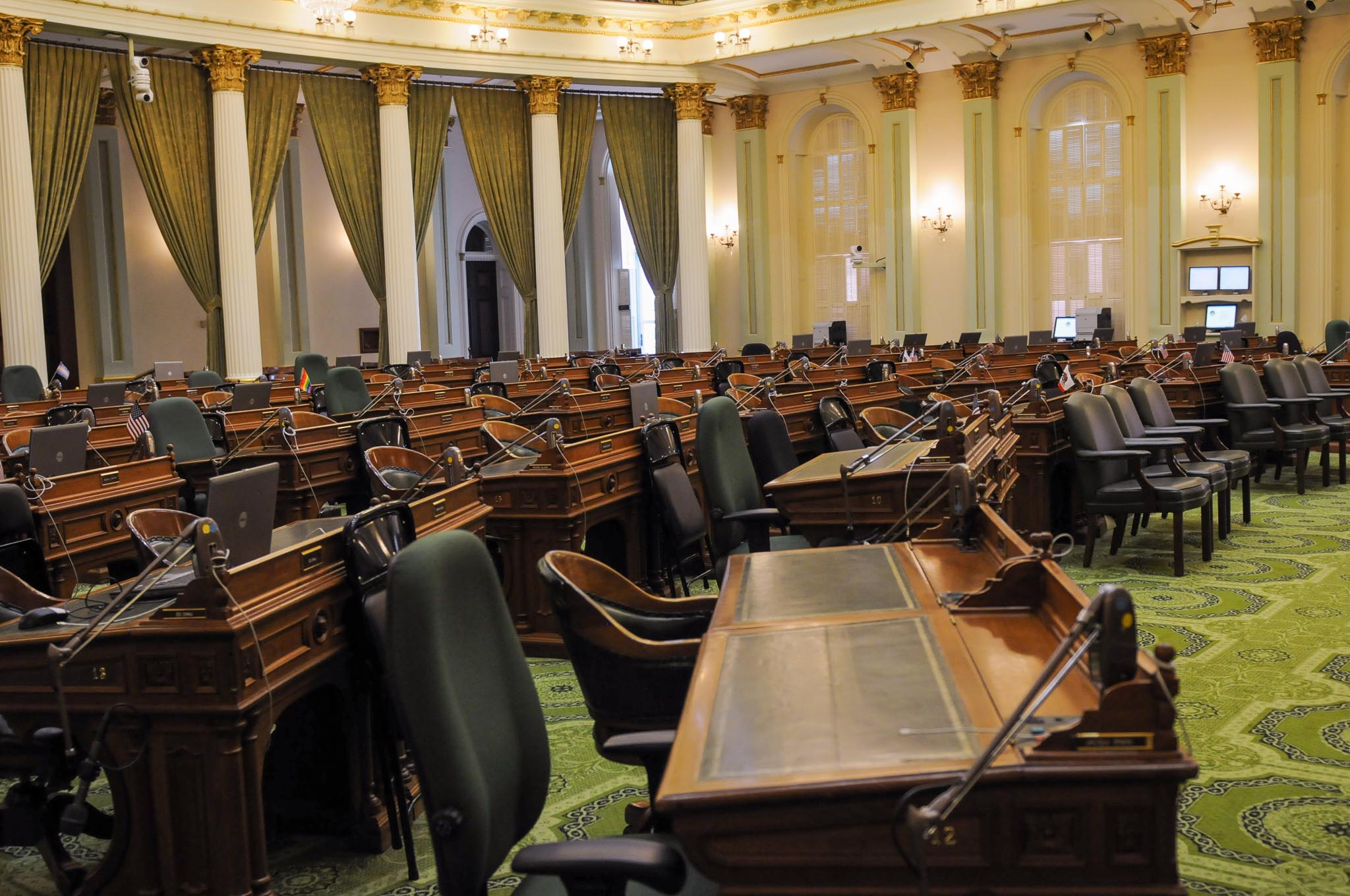
Downtown Sacramento from the Capitol building. (Photo: Norcal_kt, Shutterstock)
Drafting a Study Bill
A study bill might benefit from legislative findings and declarations
By Chris Micheli, October 15, 2023 9:00 am
Several times per Session, there are bills in the California Legislature to require a study be conducted. Some of these bills are very short, such as this example from a 2023 Session bill:
The State Department of Public Health shall conduct a study of the pulmonary health of communities in the Salton Sea region.
In other instances, however, there are a number of specifications related to the study to be conducted. As a result, when drafting a “study bill,” what are some of the provisions that could be included? The following are some of those recommended provisions for the bill drafter to consider in consultation with their client:
A study bill might benefit from legislative findings and declarations, which could “set the stage” or explain why the study is desired. In fact, most study bills do contain them, whether it is a simply request for a study, or the requested study has a great amount of detail. For example, in a 2023 Session bill, the measure contained several findings and declarations, including the following:
A detailed epidemiological study throughout the Salton Sea region is needed to identify the communities and neighborhoods where asthma is most prevalent in the region.
Next, the bill needs to identify which entity, such as an executive branch state department, will conduct the study. Once the bill specifies who will conduct the study, the bill drafter should consider the following questions:
- What will be included in the study? Broad or general in scope?
- If there are specific items to be included, they should be in subparagraphs.
- Does the entity conducting the study need to collaborate or consult with any other entity?
- Should the study include any recommendations?
- When is the study due?
- To whom is the study delivered?
A study bill, assuming a state or local entity is required to prepare it, will be keyed “fiscal: yes” in the Legislative Counsel’s Digest. There may even be an appropriation of funds to pay for the study, in which case the bill will be keyed “appropriation: yes.”
Most study bills have a repeal date because there is no reason the statute has to remain in the Codes (i.e., remain “on the books”) after the study has been completed. As a result, a study bill will often contain the following language, as an example:
Pursuant to Section 10231.5 of the Government Code, this section is repealed on January 1, 2030.
Again, a study bill can be short or long in length, but the provisions set forth above are often included in these measures in the California Legislature.
- Rights and Duties of Witnesses in Civil Actions - August 21, 2025
- County Powers Over Harbors - August 20, 2025
- Legislative Committees in California - August 19, 2025







